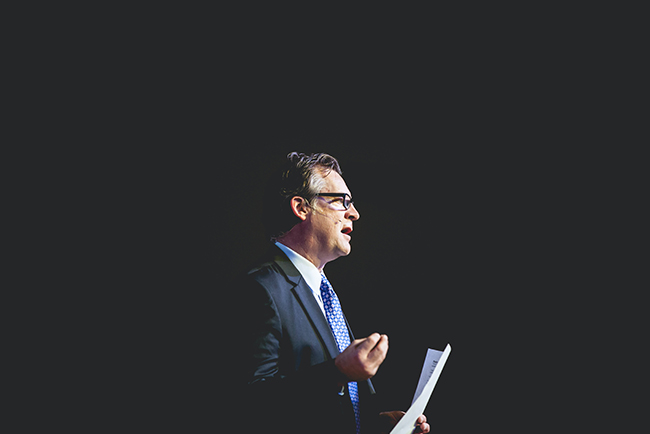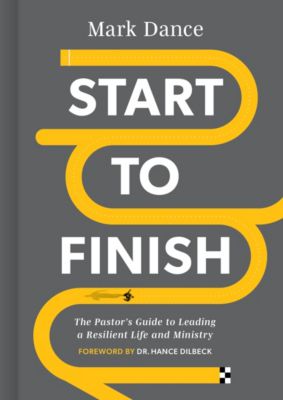
The average age of Protestant pastors in the U.S. has remained stable over the past 10 years, according to analysis of Lifeway Research data.
By Aaron Earls
As Americans’ average age creeps higher, the nation’s Protestant pastors have found some chronological consistency.
The average age of a U.S. Protestant pastor has remained stable over the past 10 years, according to analysis of Lifeway Research data from annual phone surveys of random samples of 1,000 pastors. In 2013, the median age was 55 and the average was 53.6 years old. In 2022, the median age remained the same and the average still hovered right below 54 at 53.84.
The average age of a U.S. Protestant pastor has remained stable over the past 10 years—53.6 in 2013 and 53.84 in 2023—according to analysis of Lifeway Research data. Click To TweetAccording to the U.S. Census Bureau, between 2021 and 2022, the nation’s median age increased by 0.2 years to 38.9. While this is significantly lower than the age of pastors, the Census data is of all Americans, including those under 18. Lifeway Research’s data on pastors only includes adults 18 and older. The median age in the census data of the U.S. labor force is 41.7, down by 0.2 in the past decade. However, the median is projected to increase to 42.6 by 2031.
Shifting demographics
Despite the overall average age stability among pastors, some age demographics did shift in the past decade. Pastors are now more likely to be among the youngest and oldest age groups than they were in 2013. The percentage of U.S. Protestant pastors age 18-44 has increased from 23% to 26%. Additionally, the number of pastors who are 65 and older has jumped from 19% to 23%.
The largest demographic drop happened among pastors who are between 55 and 64 years old. In 2013, they accounted for a third of all U.S. Protestant pastors (34%). While that age range still has the highest percentage of pastors, it has fallen to 29% today. The percentage of pastors aged 45-54 remained similar in the last decade—24% in 2013 and 23% now.
The percentage of U.S. Protestant pastors age 18-44 has increased from 23% to 26%. Additionally, the number of pastors who are 65 and older has jumped from 19% to 23%. Click To Tweet“The changes in the distribution of pastors across age groups largely follows the size and aging of generations in the U.S.,” said Scott McConnell, executive director of Lifeway Research. “While more than half of the large Baby Boomer generation is now in the 65 and older category, fortunately, the larger Generation Y is in the youngest age group of pastors. The smaller Generation X in between is seen in fewer pastors aged 55-64 today.”
Additionally, while the average age of both evangelical and mainline pastors has remained stable during the past 10 years, evangelical pastors are younger on average. In 2013, the average evangelical pastor was 52.7 with a median age of 54, while in mainline congregations the average pastor was 55.0 and a median of 56. Today, the average age of an evangelical pastor is 53.8 with a median of 55. Among mainline pastors, the average is 54.8, and the median is 56.
Aging pastors and congregations
While there is stability among Protestant pastors, the average age of religious leaders as a whole is increasing. The 2020 Faith Communities Today (FACT) study of all U.S. religious groups found an increase in the average age of clergy, climbing from 50 in 2000 to 57 in 2020. Additionally, those who attend religious services are twice as likely as the average American to be 65 and older (33% v. 17%).
The FACT report noted a correlation between the graying of the pulpit and the pews. The older the pastor, the heavier the concentration of senior citizens in their church. Pastors under 45 lead congregations where 27% are 65 and older. Senior citizen pastors, on the other hand, have churches where older adults make up 40% of the congregation.
On the positive side, the report noted old attendees “are often the most faithful and committed volunteers and strong financial givers as well as vessels for the community’s spiritual wisdom and history.” Additionally, older pastors are more likely to have an excellent fit within their congregation, less conflict, good financial health, and are just as innovative as their younger counterparts.
For permission to republish this article, contact Marissa Postell Sullivan.










